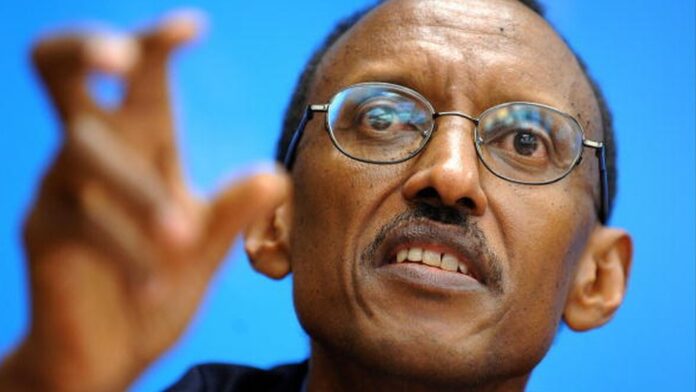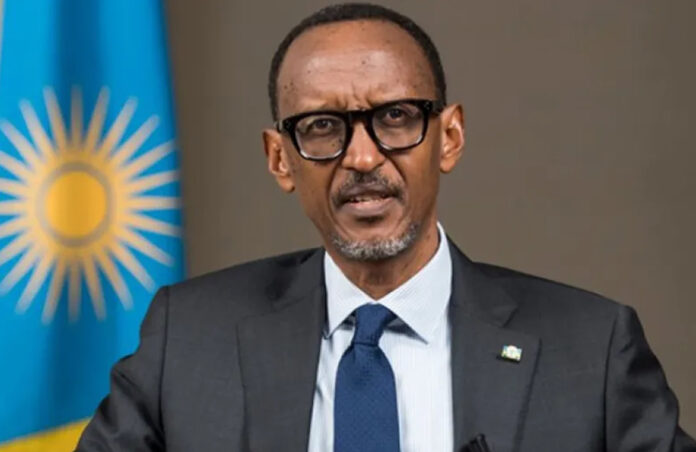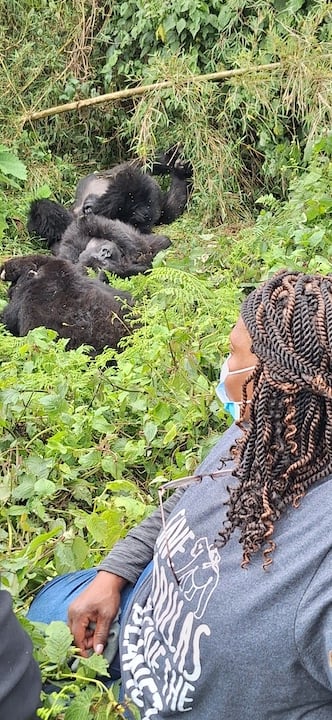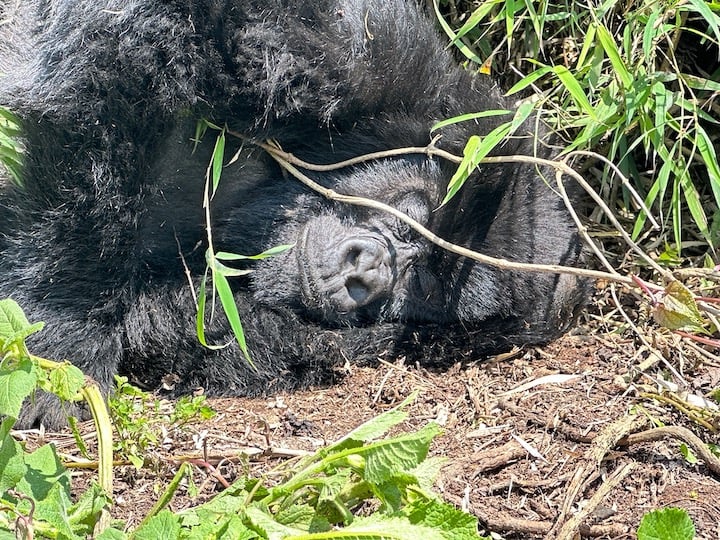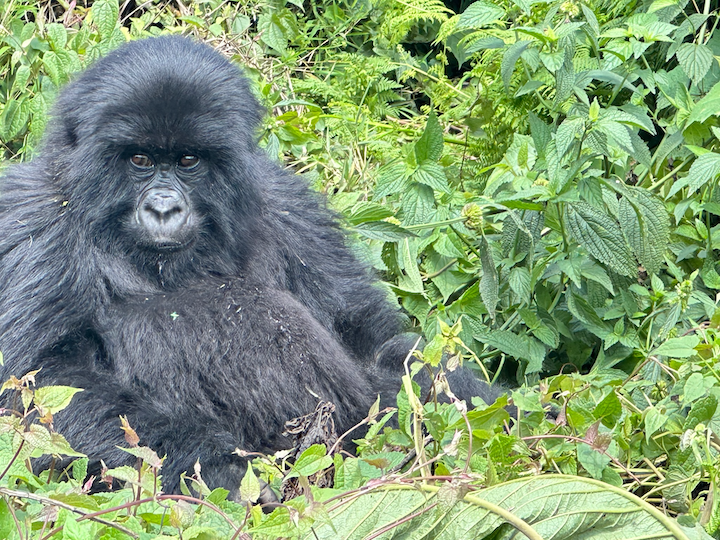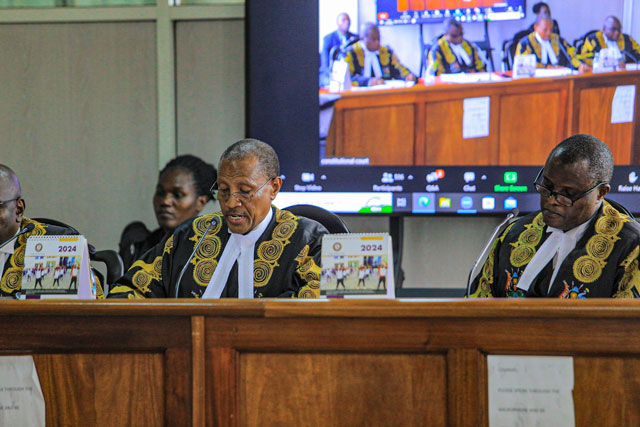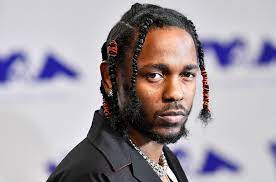Renting a car in Uganda and Rwanda is relatively easy. The industry is very well developed and thanks to that we have many choices. We only rent cars online, we have then a guarantee of the best price. Do you have any idea how first-time car rental works? If not relax, here is the best guide if you want to know more about beginner’s car hire.
Embracing the Journey of First-Time Car Rental
Embarking on your journey of first car rental can be both thrilling and a frightening. It’s an upper hand that promises freedom and flexibility, especially for travelers willing to explore at their own pace. However, for beginners, navigating in Uganda and Rwanda on a self-drive safari of car rentals can seem enormous.
In addition to that, understanding the basics of car rental is influential. This helps you make informed decisions, avoid common pitfalls, and ensure a smooth experience. This guide is your roadmap to confidently stepping into the world of hiring a car, equipped with the knowledge to make your first journey a memorable one.
Preparing for Your First Car Rental
When planning your first-time car rental in Uganda and Rwanda, several key factors come into play. It’s not just about picking any car; it’s about finding the right fit for your needs and budget. We can break it down:
Evaluate your needs and budget
Initially, consider why you’re renting the car. Is it for a leisurely road trip or a business engagement? This will guide your choice of vehicle. Next, think about your budget. Remember, the cost of renting goes beyond the price tag of the car because it includes fuel, insurance, and possible additional fees.
Understanding Rental Duration and Documentation
The length of your rental is the key. Different duration, from a few days to a week or more, can significantly impact the cost. Be sure to have the required documentation needed, typically a driver’s license ready.
Checklist for Car Rental Preparation
Factor in rental, fuel, insurance, and extra fees.
Choose the car based on trip purpose (e.g., road trip, business).
Rental Duration Decide between daily, weekly, or longer rentals.
Documentation, you must have your driver’s license and credit card at hand.
Understanding Car Rental Requirements and Costs
Commencing on your first car rental adventure comes with its set of rules and costs. It’s not just about picking the keys and hitting the road no, there are age requirements, necessary documents, and varying rental rates to consider.
Age Requirements and Documentation
Most car rental companies have a minimum age requirement, typically 25 years. But for younger drivers, there might be additional charges or insurance requirements. Though equally the most important are the documents you need to present: a valid driver’s license is mandatory.
Rental Rates
The cost of renting a car in Uganda and Rwanda depends on multiple factors such as the car’s size, rental duration, and the renter’s age. In recent years, the car rental industry has witnessed fluctuations in pricing due to various external factors. We have cars ranging from $45, $50, $60, $70, $80, $90, to $200 USD. Plus we do also offer camping gear for hire in Uganda and Rwanda for clients wishing to go on camping trips. The camping gear set includes safari tents, sleeper bags, cooking gas, kitchen utensils, tables, chairs, torches, lantern lamp to mention but a few all available for as low as US$ 10 per day.
Choosing the Right Car and Understanding Rental Agreements
Choosing the right car for your rental needs involves balancing comfort, budget, and practicality. Each vehicle class offers unique benefits catering to different travel requirements.
Selecting Car Size and Vehicle Class
Economy: Example: Toyota Rav4, Premio,
Intermediate: Example: Toyota Land Cruiser Prado, Toyota Hilux, and Nissan Patrol.
Luxury: Example: Safari Land Cruiser, Coaster bus, Safar Van,
Understanding Rental Contracts
One-Way Contract: This is ideal for traveling from one city to another without returning to the starting point.
Round Trip Contract: This is best for trips where you return to your initial location.
International Contract: This also suitable for driving across country borders, but requires awareness of different driving laws and insurance needs.
The Car Rental Process – Step by Step
Going on a car rental journey in Uganda and Rwanda can be straightforward and hassle-free when you have the right guidance from your rental company.
Research and Compare different car rental companies. Compare prices, vehicle availability, and customer reviews.
Choose the Right Car: Consider factors like fuel efficiency, space, and budget.
Book your Car: You can do this online or over the phone. Remember to check for any discounts or deals.
Understand the Terms carefully, read and understand the rental agreement, including policies on mileage, fuel, and insurance.
Pick-up Process: Arrive at the rental location, present your documents (license, credit card), and complete any remaining paperwork.
Inspect the car before driving off, inspect the car for any existing damage and ensure it matches the description in your agreement.
Enjoy your ride and drive safely and enjoy your journey, bond to all the rental policies and traffic rules.
Return the Car at the agreed time and location. Inspect the car with to ensure everything is in order.
